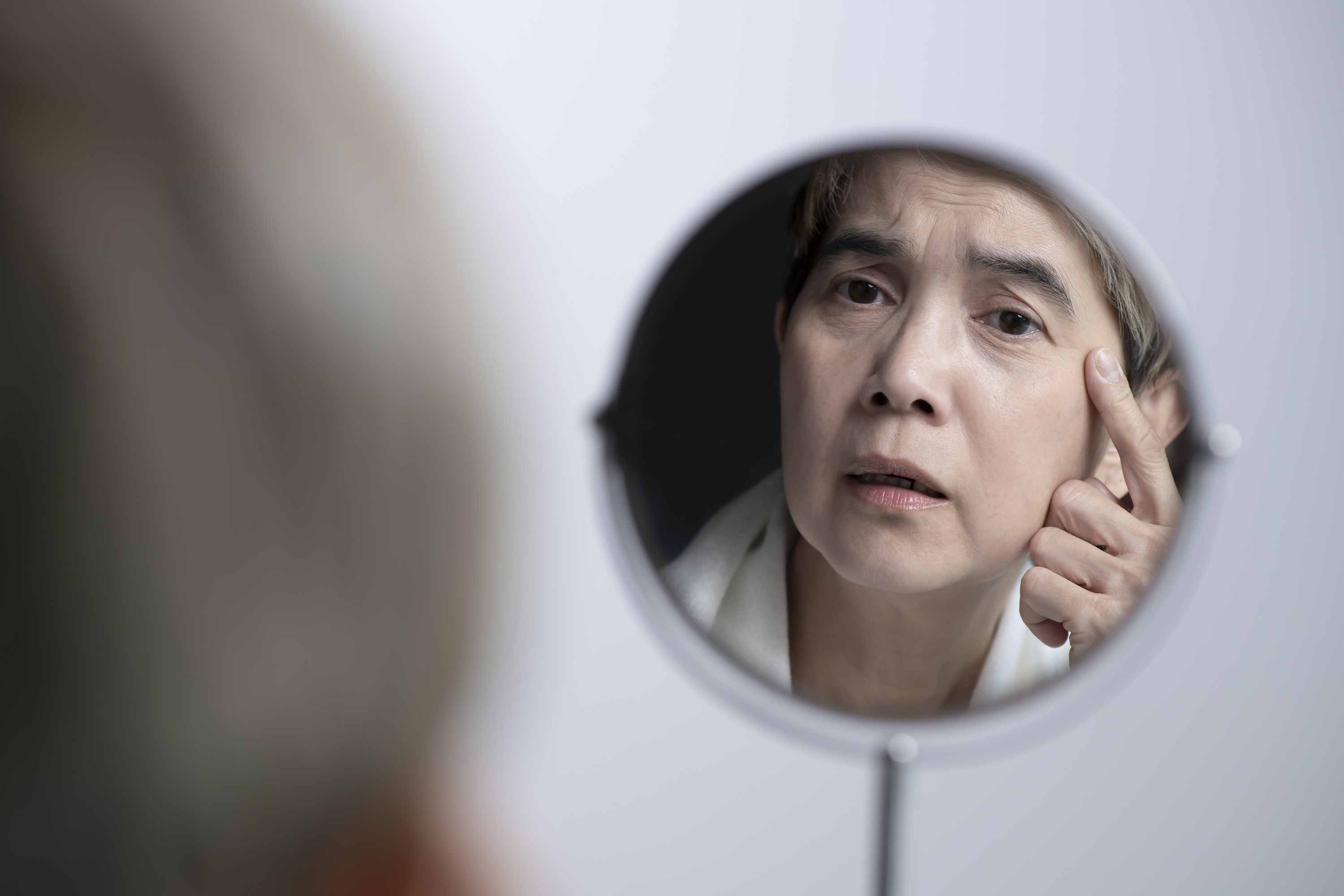Under-eye circles and puffiness are common cosmetic concerns that many people experience at some point in their lives.
While they’re often associated with fatigue, stress, aging, or genetics, these under-eye changes can occasionally signal underlying health conditions.
In this article, we’ll explore the potential causes of dark circles and puffiness around the eyes—ranging from lifestyle factors to possible medical issues—based on information from trusted health sources.
Understanding the Anatomy of the Under-Eye Area
The skin beneath the eyes is extremely thin and delicate, making it more vulnerable to changes in blood flow, fluid retention, and skin pigmentation. Because of this, even minor imbalances or health changes can become visibly apparent.
Source: American Academy of Dermatology
1. Kidney Function and Fluid Retention
Mild puffiness under the eyes, particularly in the morning, can be a normal effect of fluid shifting while you sleep. However, persistent or severe swelling may occasionally be linked to fluid retention caused by kidney dysfunction.
In cases where the kidneys are not efficiently filtering waste or regulating electrolytes, swelling may appear around the face and eyes, often accompanied by symptoms like fatigue, changes in urination, or elevated blood pressure.
If you notice ongoing puffiness combined with other systemic symptoms, it’s important to consult a healthcare provider.
Source: Mayo Clinic
2. Sinus Congestion and Chronic Allergies
Chronic sinus issues or seasonal allergies can lead to inflammation and congestion, which affects the blood vessels under the eyes. This congestion can cause the veins to enlarge and darken, contributing to the appearance of dark shadows or circles.
Frequent sneezing, nasal congestion, or headaches along with dark under-eye circles may indicate underlying allergic rhinitis or sinusitis.
Treatment options include:
- Over-the-counter antihistamines
- Nasal corticosteroids
- Allergy testing for long-term relief
Source: Cleveland Clinic
3. Thyroid Conditions and Facial Puffiness
An underactive thyroid, or hypothyroidism, can cause facial puffiness, particularly around the eyes. This is due to changes in metabolism and fluid regulation associated with low thyroid hormone levels.
Additional symptoms may include:
- Weight gain
- Fatigue
- Cold intolerance
- Hair thinning
If you notice persistent puffiness with other signs, your doctor may recommend a thyroid function test.
Source: Johns Hopkins Medicine
4. Allergic Reactions and Eye Rubbing
Allergic responses, especially from pollen, dust mites, or pet dander, can lead to itchiness and inflammation around the eyes. Excessive rubbing of the delicate skin can damage small blood vessels, resulting in a darkened appearance, often referred to as “allergic shiners.”
To help manage allergy-related under-eye changes:
- Avoid known allergens
- Use hypoallergenic skin care products
- Treat symptoms early with antihistamines







